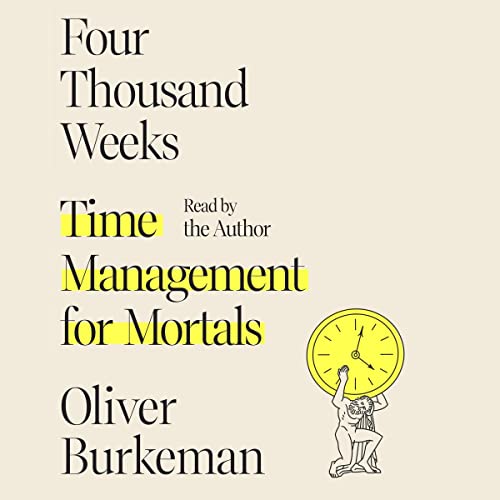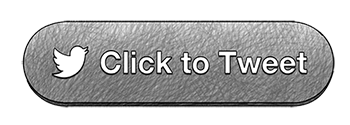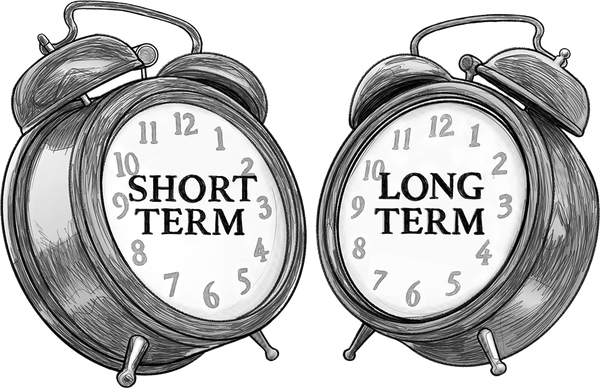Time Management

Hi, The Investor’s Podcast Network Community!
Hey, welcome back to We Study Markets!
🏀 Major props if your NCAA Tournament bracket isn’t busted by now.
In today’s Sunday edition, we’ll discuss how to allocate time with insight from author Oliver Burkeman, in just 5 minutes to read 📖
P.S. make sure to check out our Knowledge Test below, to see how well you paid attention to last week’s news.
Get smarter about valuing businesses in just a few minutes each week.
Get the weekly email that makes understanding intrinsic value
easy and enjoyable, for free.
Making time an asset, not a liability
You have about 4,000 weeks of life if you reach 80.
To most people, time is their most precious, valuable resource. Once it passes, there’s no getting it back.
In modern society, many people feel pressured to be highly productive, always “on,” working harder, and spending time on what others think is essential.
But in 2021, author Oliver Burkeman published a new way of thinking about our relationship with time in his bestselling book, Four Thousand Weeks: Time Management for Mortals.
“The real problem isn’t our limited time,” he writes. “The real problem—or so I hope to convince you—is that we’ve unwittingly inherited, and feel pressured to live by, a troublesome set of ideas about how to use our limited time, all of which are pretty much guaranteed to make things worse.”
Character invention
For many of us, our relationship with time is fraught. We might obsess over our never-ending to-do lists, overfilled inboxes, work-life balance, and the battle against distraction.
Some of us try to become more efficient, to little or no avail. Burkeman doesn’t offer many tips and tricks to do so; his main point is that there’s no magic pill, and we ought to accept that we can only do so much.
Burkeman readily admits he’s a recovering productivity addict. His primary argument is to stop trying hard to craft the perfect, productive life. “Nobody in the history of humanity has ever achieved ‘work-life balance,’ whatever that might be,” he writes, “and you certainly won’t get there by copying the ‘six things successful people do before 7 a.m.’”
He also points out that completing a few tasks often creates additional tasks. “Every time you reply to an email, there’s a good chance of provoking a reply to that email, which itself may require another reply, and so on and so on, until the heat death of the universe.”
Acceptance
Then there’s an emphasis on the central challenge of time management: It’s not about becoming more efficient. It’s about deciding what to neglect. “Say no,” as Steve Jobs said repeatedly.
In an accelerating world, patience and letting things take the time they take can be helpful, Burkeman writes. He adds that lowering our expectations provides comfort, and it’s normal for our calendar or priorities to cause mild discomfort such as a sense of difficulty or boredom. These feelings might simply be the price of doing things you care about.
Maybe, you can relate: Burkeman writes from personal experience that he’s felt a slight feeling of challenge or fatigue or boredom while doing something he really wants to do, and that’s enough for him to fritter an hour on social media instead of doing the meaningful work he intended.
So, rather than any magical self-help trick, Burkeman urges us to try to be more aware of those feelings. “Oh, right! I remember now! Important stuff sometimes just feels difficult!”
One of the ways to do this is to exercise a Buddhist-like detachment and acceptance. “The world is already broken,” Burkeman writes, and so is the possibility of making the most of your time. In the face of the tyranny of choice, you can find freedom (and presumably stress relief) in understanding that “you’re guaranteed to miss out on almost every experience the world has to offer.”
Zoom out
Everyone can benefit from Cosmic Insignificance Therapy. We like to think our work is important, but for most of us, it won’t matter. Burkeman writes:
“A blunt but unexpectedly liberating truth: that what you do with your life doesn’t matter all that much—and when it comes to how you’re using your finite time, the universe absolutely couldn’t care less.”
Burkeman argues that this makes our relationship with time looser. Where possible, he says, do what you can, where you can, while you can, without getting too caught up in rating your productivity by the minute (or hour) or stressing over how to maximize every day to the fullest.
He writes: “No wonder it comes as a relief to be reminded of your insignificance: it’s the feeling of realizing that you’d been holding yourself, all this time, to standards you couldn’t reasonably be expected to meet.”
He continues: “And this realization isn’t merely calming but liberating, because once you’re no longer burdened by such an unrealistic definition of a ‘life well spent,’ you’re freed to consider the possibility that a far wider variety of things might qualify as meaningful ways to use your finite time.”
Done lists & other strategies
Burkeman is skeptical of to-do lists. Instead, he recommends trying “done” lists:
1. Think of something worthwhile to do right now, without any expectation that you know what might be “best.” It could be a nap or walk outside, for example.
2. Write it down.
3. Do that thing.
4. Cross it out.
5. Go back to 1, writing the next thing underneath the one you just crossed out. Repeat.
Further, Burkeman says a helpful principle is to pay yourself first regarding your time. When possible, pursue things that make your soul come alive, where you lose track of time.
He also advises to immerse yourself in each day’s particulars, quoting the Russian writer Alexander Herzen: “Because children grow up, we think a child’s purpose is to grow up. But a child’s purpose is to be a child.”
Near the book’s end, he counsels us to “pay more attention to every moment, however mundane.”
Dive deeper
Read Burkeman’s outstanding book right here.
SEE YOU NEXT TIME!
That’s it for today on We Study Markets!
Enjoy reading this newsletter? Forward it to a friend.
















